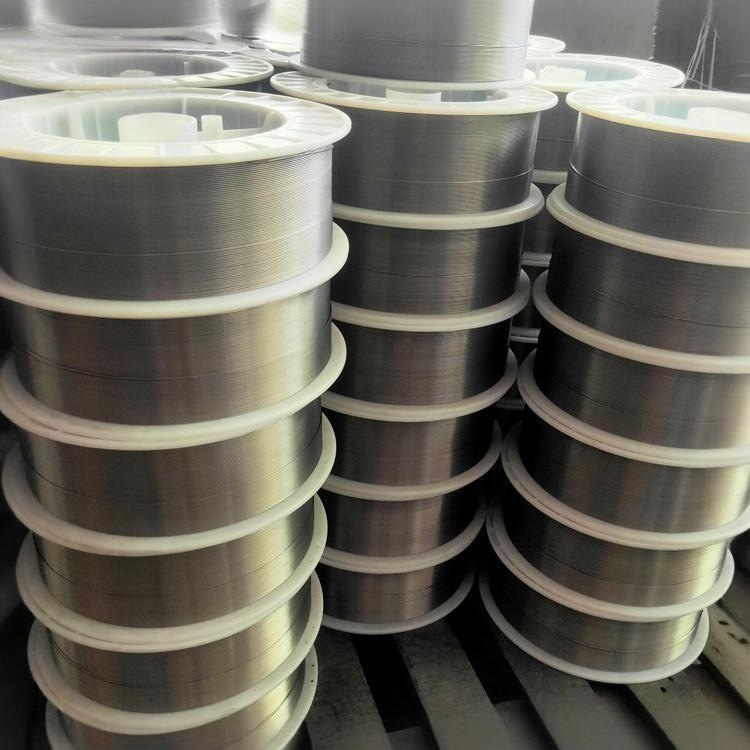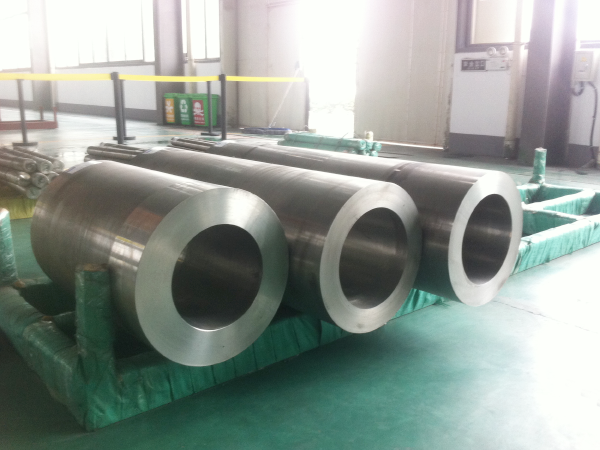In industries where equipment and components are exposed to harsh environments, corrosion resistance is a critical factor in ensuring longevity and performance. Nickel-based (Ni-base) alloys have become a preferred choice for many applications due to their ability to withstand extreme conditions. However, standard solutions may not always meet the unique demands of complex projects. This raises an important question: Can customized Ni-base corrosion-resistant solutions effectively address these specialized requirements?

Understanding Ni-Base Corrosion-Resistant Alloys
Nickel-based alloys are known for their exceptional resistance to oxidation, high-temperature stability, and strength in corrosive environments. These materials are commonly used in industries such as:
Oil and gas
Chemical processing
Power generation
Aerospace
Marine engineering
The versatility of Ni-base alloys allows for modifications in composition to enhance specific properties, making them suitable for a wide range of applications.
The Need for Customization
While standard Ni-base alloys offer reliable performance, complex projects often require tailored solutions to meet precise operational conditions. Factors that may necessitate customization include:
Unique Chemical Exposures – Some environments contain highly aggressive chemicals that standard alloys may not fully resist.
Temperature Extremes – Certain applications demand materials that perform consistently at very high or fluctuating temperatures.
Mechanical Stress Requirements – Components subjected to high pressure or cyclic loading may need enhanced strength and fatigue resistance.
Regulatory and Industry Standards – Specific industries have strict material requirements that must be met for compliance.
How Customized Ni-Base Solutions Meet Complex Needs
1. Alloy Composition Adjustments
By modifying the percentages of elements such as chromium, molybdenum, and cobalt, manufacturers can enhance corrosion resistance, thermal stability, or mechanical properties to suit specific conditions.
2. Specialized Heat Treatments
Controlled heat treatment processes can optimize microstructure, improving toughness and resistance to stress corrosion cracking.
3. Advanced Manufacturing Techniques
Precision casting, powder metallurgy, and additive manufacturing allow for the production of complex geometries with superior material properties.
4. Performance Testing and Validation
Custom solutions undergo rigorous testing to ensure they meet project specifications, including exposure simulations and mechanical property assessments.
Real-World Applications
Several industries have successfully implemented customized Ni-base solutions:
Oil & Gas – Custom alloys resist sour gas (H₂S) corrosion in downhole equipment.
Chemical Processing – Modified Ni-base materials handle highly acidic or caustic environments.
Aerospace – High-temperature alloys maintain integrity in jet engine components.

Conclusion
Customized Ni-base corrosion-resistant solutions provide a viable answer to complex project requirements. By tailoring alloy compositions, manufacturing processes, and performance validations, these solutions can meet the precise demands of challenging environments. For industries where standard materials fall short, working with experts in Ni-base alloy development ensures optimal performance and durability.
By leveraging advanced metallurgical expertise, businesses can confidently address even the most demanding corrosion challenges with reliable, high-performance solutions.